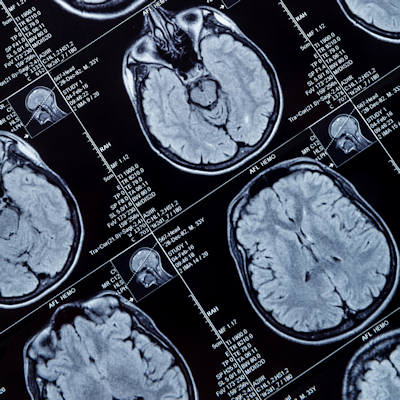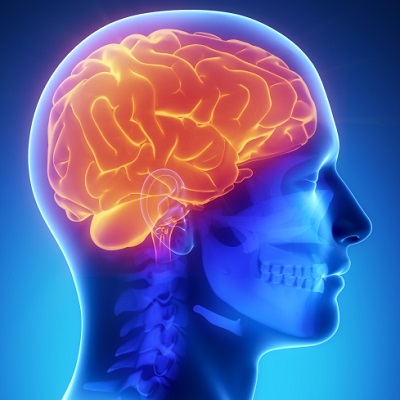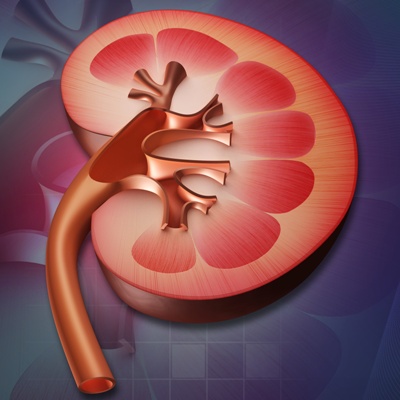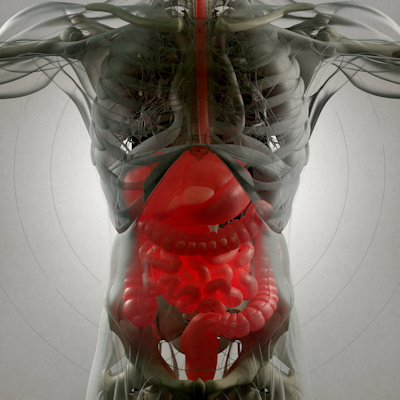October 28, 2022 -- Researchers from the University Medical Center Groningen (UMCG) have found that patient-derived parathyroid organoids (PTOs) could pave the way for future physiology studies and drug-screening applications.
Their study, published October 27 in the journal Stem Cell Reports, is the first to isolate parathyroid stem cells and maintain these cells in a lab as organoids for an extended period of time, the authors said in a statement. The organoids mimic the patient's condition, can produce hormones, express specific markers, and show comparable reactions to drugs.
For the study, Dr. Schelto Kruijff and Rob Coppes, PhD, senior authors of the study and faculty at UMCG, set out to establish a patient-derived PTO model representing human parathyroid tissue. The researchers obtained human benign hyperplastic parathyroid tissue from patients undergoing parathyroid surgery. They isolated parathyroid stem cells from the tissue and examined their potential to expand and form PTOs.
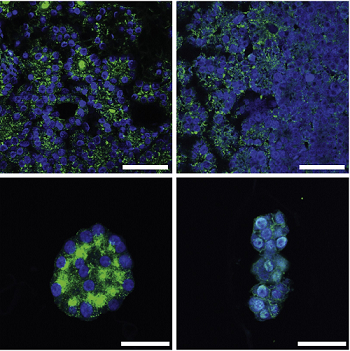
The PTOs resembled the original tissue on both gene and protein expression levels and functionality. They also demonstrated increased and decreased hormone secretion in response to changes in calcium concentration and parathyroid hormone-lowering drugs.
Moreover, the researchers found specific parathyroid-targeted tracer uptake in the PTOs. Altogether, the results demonstrate that these organoids could model human parathyroid functionality, according to the authors.
One study limitation was the absence of the original microenvironment, including blood vessels and fluctuating concentrations of extracellular signals. In future studies, the researchers are planning to transplant these organoids in rats with hypoparathyroidism to study their function in a living animal model.
Copyright © 2022 scienceboard.net




